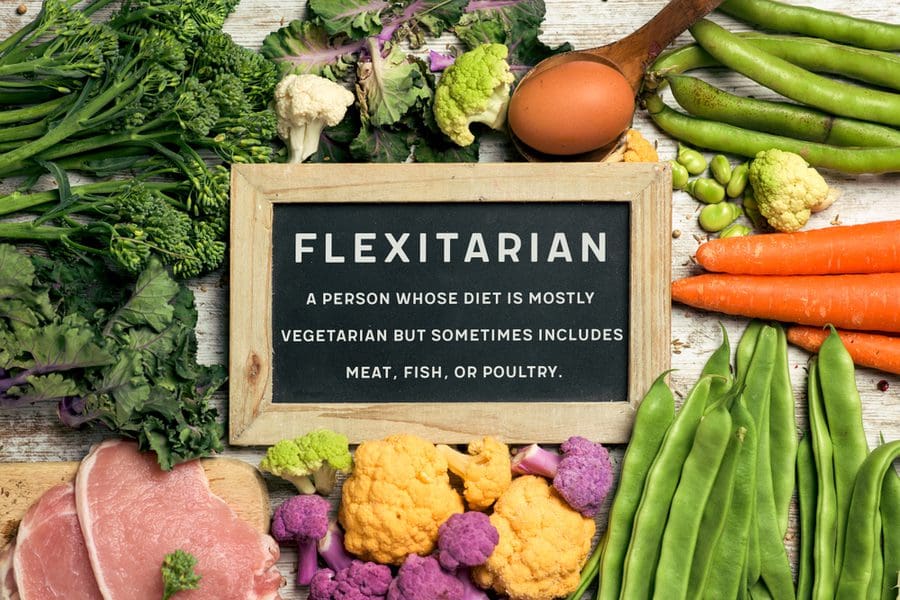It seems like every other day a new diet is being introduced to the wellness community, promising to change your life and body in a few simple steps.
The biggest problem with dieting is that diets are typically extremely restrictive, and although they can promise almost-immediate weight loss, they can’t promise lasting results. Many diets are not good for you—and the last thing you want when embarking on a health journey is to choose a diet that is going to cause more long-term harm than short-term good.
If you are looking to try a new diet, but don’t know where to start, we recommend following a meal “journey” instead. Here is our list of healthy, scientifically-backed meal journeys that actually work.
Low Carb Diet
This diet is perfect for people who want to lose weight and keep the weight off while improving their health and lowering their risk of diseases. A low-carb diet reduces the number of carbohydrates you consume on a daily basis. This diet consists mostly of veggies, meat, beans, fish, eggs, fruits, nuts, and healthy fats (but don’t go overboard on the fats).
Mediterranean Diet
People in the Mediterranean tend to live longer and have fewer health problems than the average American. This flexible diet follows the eating patterns and meal choices of the average Mediterranean back in the ’60s. The diet mostly consists of vegetables, fruits, fish, chicken, whole grains, dairy, and healthy fats like olive oil.
Paleo
The paleo diet strives to mimic the way humans ate during the paleolithic era, a period where we got our food through hunting and gathering. The diet allows for meat, fish, eggs, vegetables, fruits, nuts, seeds, herbs, and healthy fats. When on the paleo diet, it is important to avoid processed foods, sugar, grains, dairy products, beans, and trans fat.
Vegan
Veganism has been on the rise for years, and has become one of the most popular methods of healthy eating today. The diet consists of only plant-based foods and has been linked to many health benefits including lower blood pressure, improved kidney function, lower risk of heart disease, and weight loss. When you eat vegan, you are also doing animals and the planet a huge favor!
Gluten-Free
Another diet that has skyrocketed in popularity in the last decade is the gluten-free diet. This diet was designed for people who have a gluten intolerance or celiac disease. Today, with so many gluten-free options at grocery stores and restaurants, it’s not difficult to find a gluten-free substitute for whatever it is you are craving.
Flexitarian
The flexitarian diet is exactly what it sounds like: a diet that puts emphasis on eating mostly plant-based meals, but does allow meat and other animal products in moderation. The idea is still to get your main protein source from plants, but there is leniency for those who don’t want to cut out meat completely.






